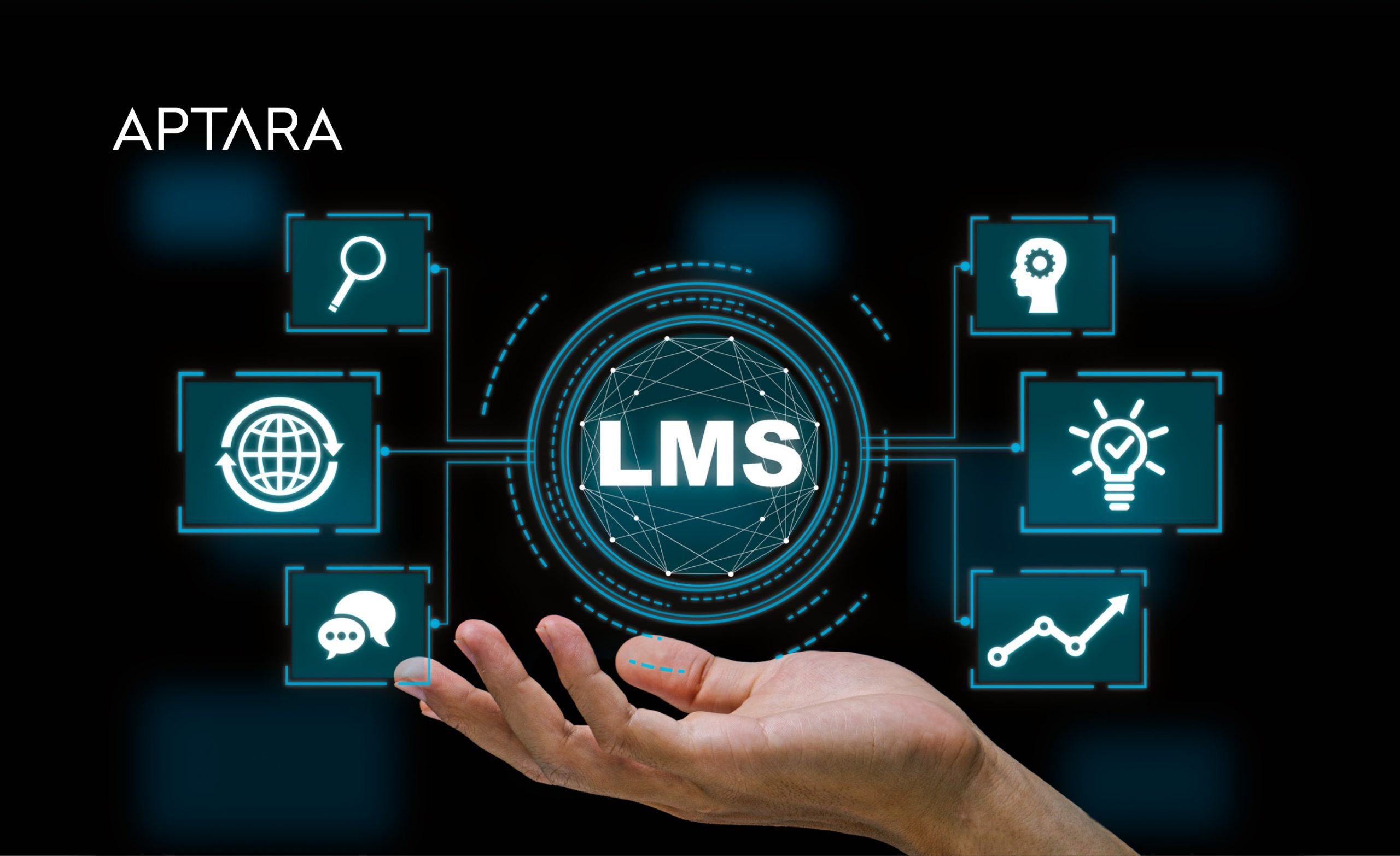
The Evolution of Corporate LMS: From Traditional Training to Advanced eLearning Systems
Corporate learning and development have undergone a dramatic transformation over the past few decades. Traditional training methods, once the cornerstone of employee skill-building, have given way to digital learning platforms that revolutionize how businesses educate their workforce. At the heart of this transformation is the Learning Management System (LMS), which has evolved from a basic tool for content delivery into a sophisticated ecosystem that enhances employee training, engagement, and performance. In this blog, we explore the evolution of corporate LMS, the shift from traditional to modern training methods, and the future of corporate eLearning.
The Era of Traditional Training Methods
Before the advent of digital learning, corporate training was largely based on traditional methods such as in-person seminars, classroom instruction, and printed materials. These methods, while effective in their time, had significant limitations. Face-to-face training sessions were time-consuming and expensive to organize, often requiring employees to travel or take time away from their regular work duties. Moreover, scaling these programs across multiple locations was difficult, and learning was often standardized rather than personalized to individual needs.
Traditional training also faced challenges in tracking progress and measuring the effectiveness of programs. There was no centralized system for tracking learner performance, and feedback loops were slow and inconsistent. As a result, businesses struggled to ensure consistent learning outcomes across their workforce. This gap led to the emergence of a new solution: Learning Management Systems (LMS), which aimed to streamline and centralize the corporate learning process.
The Birth of Learning Management Systems (LMS)
Learning Management Systems (LMS) emerged as a response to the need for a more efficient and scalable way to manage corporate training. Early LMS platforms allowed companies to deliver digital content, track employee progress, and standardize training across different regions and departments. These systems helped overcome some of the key challenges of traditional training by providing a centralized platform for learning and performance management.
In their early stages, LMS platforms were relatively simple, offering basic features such as content delivery, course scheduling, and learner tracking. However, even these early systems represented a significant improvement over traditional training methods. LMS platforms allow organizations to deliver training materials to employees at their convenience, enabling self-paced learning. More importantly, they provided detailed reports on employee performance, which helped companies identify skills gaps and adjust training programs accordingly.
Modern eLearning Solutions: Changing the Corporate Training Landscape
As technology advanced, so did the capabilities of Learning Management Systems. Today’s modern eLearning solutions are a far cry from the early LMS platforms. They incorporate a wide range of advanced features that cater to the diverse needs of modern organizations. From mobile learning to AI-driven personalization, modern LMS platforms offer unprecedented flexibility, scalability, and engagement.
One of the key innovations in modern eLearning systems is the integration of gamification, where elements such as leaderboards, badges, and rewards motivate learners to complete courses and engage with the content. Adaptive learning technologies now allow LMS platforms to tailor training content to individual learners, adjusting based on their progress and performance. Additionally, collaborative learning tools foster peer-to-peer interaction, making learning a more social and immersive experience.
Advanced LMS platforms also support a variety of content formats, including video tutorials, virtual reality simulations, and interactive assessments. This variety allows companies to deliver engaging and relevant content that meets the specific learning needs of their employees.
Digital Learning Transformation in the Corporate World
The corporate world has embraced digital transformation across all its functions, and learning and development are no exception. The rise of digital learning technologies has made training more accessible, efficient, and engaging for employees. Whether through mobile learning applications or VR-based training simulations, companies are finding new ways to incorporate digital learning into their workflows.
One of the most significant impacts of digital learning transformation is the shift toward continuous learning. In the past, corporate training was often a one-time event—employees would attend a seminar, receive a certificate, and be considered trained. Today, however, businesses understand that learning is a continuous process, and LMS platforms provide the tools needed to deliver ongoing training. With features like real-time progress tracking, analytics, and AI-driven recommendations, employees can continually improve their skills, keeping pace with evolving industry demands.
Digital learning has also expanded the accessibility of corporate training. Employees can now access training materials from anywhere, at any time, on any device. This flexibility is particularly beneficial for organizations with a remote or globally distributed workforce. In addition, modern LMS platforms offer real-time data on learner engagement and performance, allowing organizations to make data-driven decisions about their training programs.
Key Benefits of Advanced eLearning Systems
The evolution of corporate LMS has brought numerous benefits to both organizations and their employees. Advanced eLearning systems offer:
- Flexibility and Accessibility: Employees can access learning content at their convenience, from any device, whether they’re working from the office or remotely.
- Personalized Learning Journeys: AI-driven technologies can customize learning paths based on individual learner performance, ensuring that training is relevant and effective.
- Cost-Efficiency and Scalability: Digital training reduces the costs associated with organizing in-person seminars, travel, and printed materials. It also allows companies to scale training programs across global teams.
- Data and Analytics: Modern LMS platforms offer real-time tracking and analytics, giving organizations insights into employee progress, skills gaps, and the effectiveness of training programs.
These benefits have made advanced LMS platforms a critical component of modern corporate training strategies, allowing companies to equip their workforce with the skills needed to succeed in a rapidly changing business environment.
Corporate Training Trends Driving LMS Evolution
Several trends are shaping the future of corporate training and LMS evolution:
- AI-Powered Learning: Artificial intelligence is becoming increasingly integrated into LMS platforms, enabling predictive analytics, personalized learning paths, and automated content recommendations.
- Microlearning: Employees increasingly consume bite-sized content that is easier to digest and fit into busy work schedules.
- Social and Collaborative Learning: LMS platforms are incorporating tools that allow employees to collaborate and learn from each other, making training more engaging and effective.
- Mental Health and Well-being: As companies emphasize holistic employee development, training programs now include resources focused on mental health and well-being.
These trends highlight the growing role of LMS platforms in delivering not just training, but also a comprehensive employee development experience.
Aptara’s Journey in Transforming Corporate Learning
At Aptara, we have been at the forefront of the evolution of corporate training. Starting with traditional training support, we have continuously adapted and grown to meet the demands of modern corporate learning. Our extensive expertise in creating advanced eLearning systems ensures that we provide companies with dynamic, scalable, and personalized learning experiences.
Leveraging innovative employee training technologies such as AI-driven platforms, immersive AR/VR experiences, and mobile-responsive content, Aptara enables businesses to build future-ready teams. Whether it’s digital learning transformation or staying ahead of corporate training trends, Aptara ensures organizations are equipped with the best tools for their workforce. Our focus on continuous improvement and collaboration with global clients has helped us lead the way in delivering customized, high-quality corporate training solutions.
Explore how Aptara can help your organization transition to the future of corporate eLearning.






No Comments